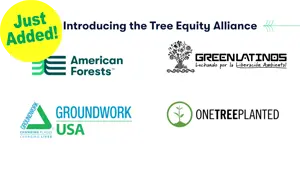
Tree Equity Alliance
Tree Equity Alliance is a coalition to create a unified voice on the critical need for equitable tree canopy.
Accelerating resiliency planning in communities across the Commonwealth

Tree Equity Alliance is a coalition to create a unified voice on the critical need for equitable tree canopy.
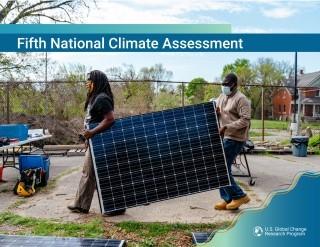
In the wake of NCA5, Virginia stands at a pivotal moment in its climate journey. The path forward requires a comprehensive approach that integrates equity, resilience, and innovation into all aspects of decision-making and planning.
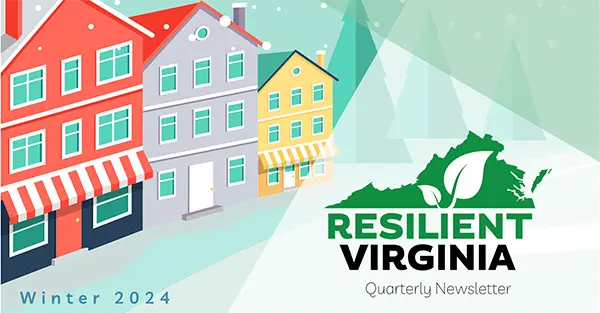
Spring 2024 Resiliency Academy | Program and Project Updates | Understanding the Intersection of Climate Risk, Food System Resilience, and Racial Equity | Community Change Grants Program | State of Clean Energy | Pathways to Resilient Communities: Infrastructure Designed for the Environmental Hazards in Your Region | Virginia Flood Resilience Funding Outreach Assessment | Journal of Disaster Studies | Resilient Virginia Resources | Muted: Climate Marginalization in America | Sinking Land on East Coast Threatens Critical Infrastructure | As the Number of American Farms and Farmers Declines, Agriculture Secretary Urges Climate Action to Reverse the Trend | 2023’s Billion-Dollar Disasters List Shattered the US Record with 28 Big Weather and Climate Disasters Amid Earth’s Hottest Year on Record
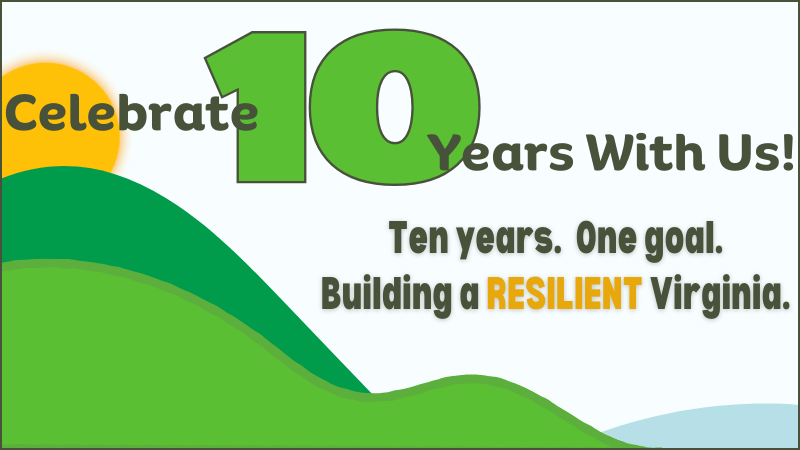
For the past decade, we have connected, educated, prepared, and engaged people in Virginia to move resilience initiatives forward. Learn about our past projects and programs and what we’re working on now.
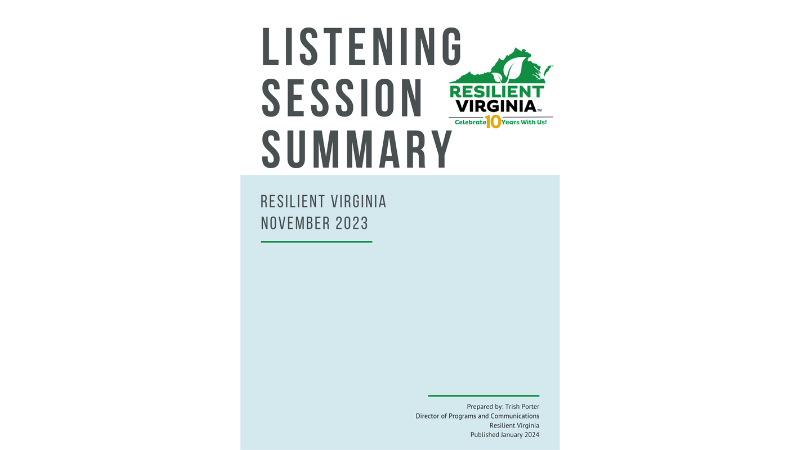
Our 2023 Listening Session discussion focused on roadblocks to building community resilience and challenges in communicating about resilience and strategies to overcome these roadblocks; as well as collaboration, partnerships, and other ways to work with others on resilience.
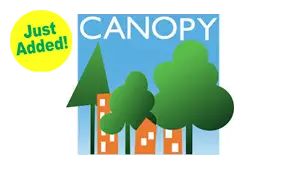
More Trees Please is Canopy’s adult education series of tree talks and webinars for residents, tree industry experts, community leaders, and decision-makers on the benefits of urban trees, with resources and practical tips to advocate and care for trees in their community to ensure the health and longevity of the urban forest.

CFPF funding provides communities across Virginia with the resources they need to address the impacts of increasing flooding events. Rural communities, who often face a gap in capacity and funding, can use this funding to close those gaps and address flooding impacts. Take a look at how Martinsville, Halifax, and South Boston are using the funding to build their flood resilience.
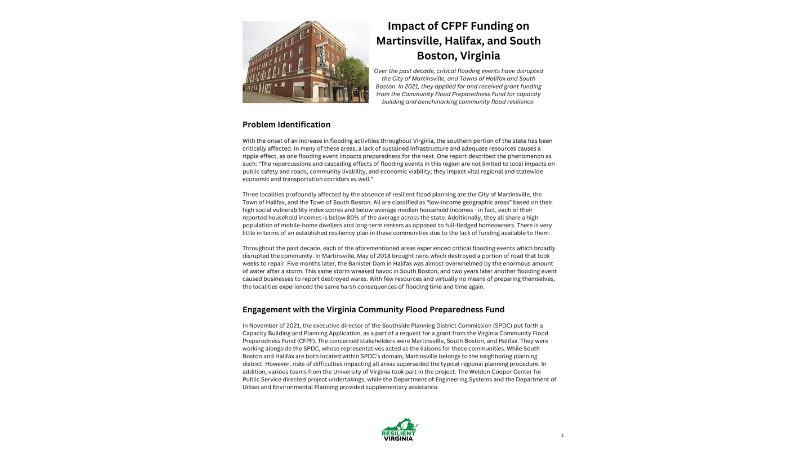
After a decade of experiencing critical flood events, Martinsville, Halifax, and South Boston received grant funding from the Community Flood Preparedness Fund for capacity building and benchmarking community flood resilience.
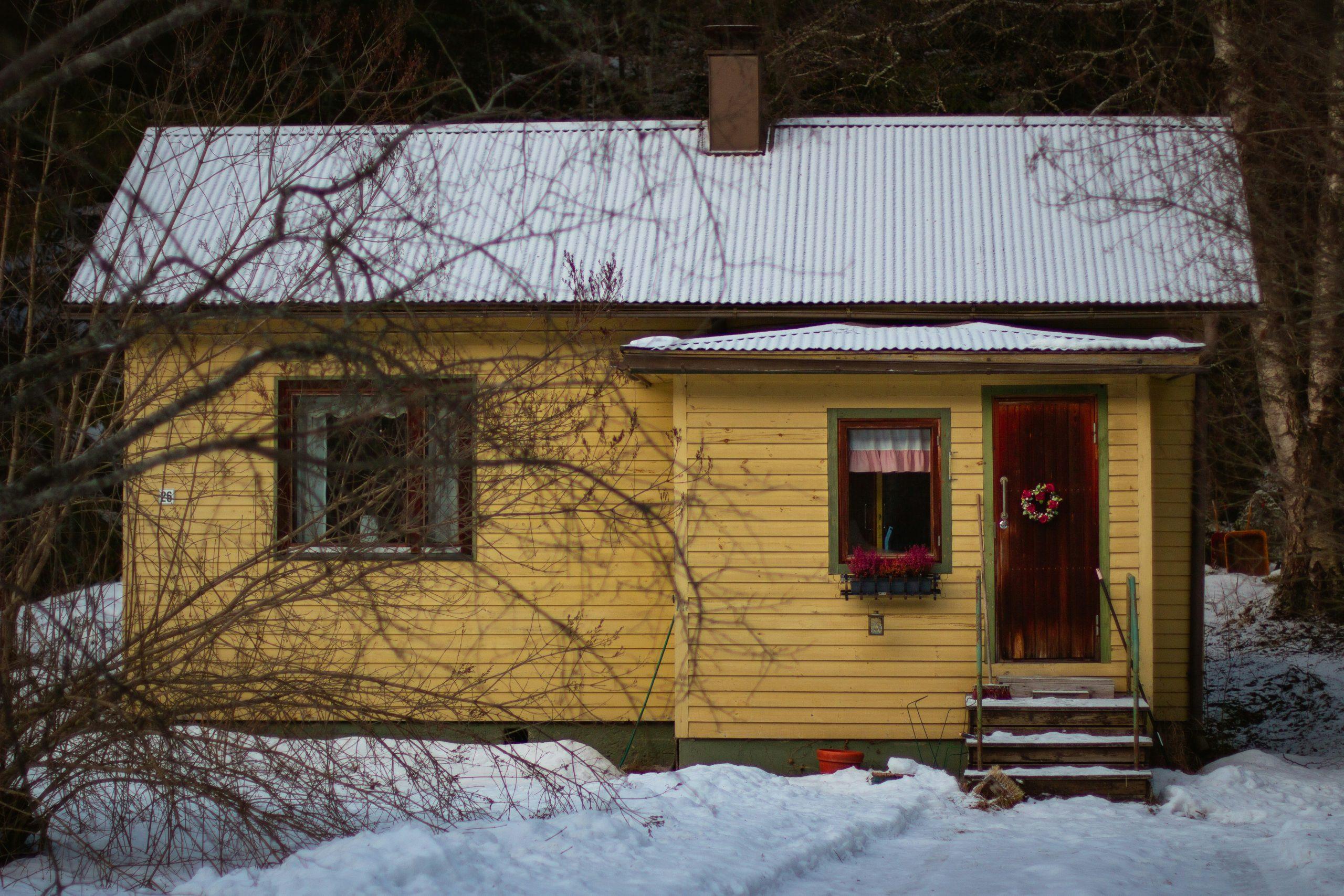
Our winters are getting colder. Learn why this is happening and what local governments can do to prepare.

Tree Equity Alliance is a coalition to create a unified voice on the critical need for equitable tree canopy.

In the wake of NCA5, Virginia stands at a pivotal moment in its climate journey. The path forward requires a comprehensive approach that integrates equity, resilience, and innovation into all aspects of decision-making and planning.

Spring 2024 Resiliency Academy | Program and Project Updates | Understanding the Intersection of Climate Risk, Food System Resilience, and Racial Equity | Community Change Grants Program | State of Clean Energy | Pathways to Resilient Communities: Infrastructure Designed for the Environmental Hazards in Your Region | Virginia Flood Resilience Funding Outreach Assessment | Journal of Disaster Studies | Resilient Virginia Resources | Muted: Climate Marginalization in America | Sinking Land on East Coast Threatens Critical Infrastructure | As the Number of American Farms and Farmers Declines, Agriculture Secretary Urges Climate Action to Reverse the Trend | 2023’s Billion-Dollar Disasters List Shattered the US Record with 28 Big Weather and Climate Disasters Amid Earth’s Hottest Year on Record

For the past decade, we have connected, educated, prepared, and engaged people in Virginia to move resilience initiatives forward. Learn about our past projects and programs and what we’re working on now.

Our 2023 Listening Session discussion focused on roadblocks to building community resilience and challenges in communicating about resilience and strategies to overcome these roadblocks; as well as collaboration, partnerships, and other ways to work with others on resilience.

More Trees Please is Canopy’s adult education series of tree talks and webinars for residents, tree industry experts, community leaders, and decision-makers on the benefits of urban trees, with resources and practical tips to advocate and care for trees in their community to ensure the health and longevity of the urban forest.

CFPF funding provides communities across Virginia with the resources they need to address the impacts of increasing flooding events. Rural communities, who often face a gap in capacity and funding, can use this funding to close those gaps and address flooding impacts. Take a look at how Martinsville, Halifax, and South Boston are using the funding to build their flood resilience.

After a decade of experiencing critical flood events, Martinsville, Halifax, and South Boston received grant funding from the Community Flood Preparedness Fund for capacity building and benchmarking community flood resilience.

Our winters are getting colder. Learn why this is happening and what local governments can do to prepare.
The Lincoln Institute of Land Policy’s Consortium for Scenario Planning is hosting its ninth annual conference February 4–6, 2026, at the University of Utah in Salt Lake City, Utah. Cohosted by the Lincoln Institute, the…
Resilient Virginia Collaborative Alliance Agriculture Working Group monthly meeting. Anyone is welcome to join the conversation!
RVCA Agriculture Working Group
Thursday, October 23 · 11:00am – 12:00pm
Time zone: America/New_York
…
Resilient Virginia’s 2026 Resiliency Academy is a 10-session webinar series designed to help communities understand change, reduce risk, and build long-term resilience using practical, systems-based, and equity-centered approaches.
Virginia is facing growing challenges from sea-level rise, recurrent flooding, extreme heat, and economic disruption—making coordinated resilience planning more essential than ever.
Beginning in 2026, Resilient Virginia will launch the Resilience Foundations Certificate Program, a first-of-its-kind professional development initiative that brings together leaders from government, business, academia, and community organizations to advance systems-level resilience across the Commonwealth.
The Power of Partnership … Spotlight On Webinar Series … Resilience Certificate Survey … Interactive StoryMaps Advance Climate Equity … RVCA Updates … Tackling Emerging Contaminants Water Technical Assistance … Closing America’s Wastewater Access Gap Initiative … Firewise Virginia Community Hazard Mitigation Grant Program … more.
VCU RISE has launched interactive StoryMaps to highlight environmental justice issues in Charles City County, Emporia, and Richmond. Learn how these equity-focused tools blend local data, maps, and community stories to support planning, resource access, and climate resilience.